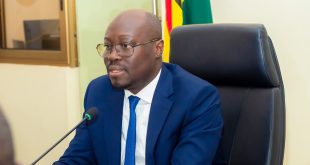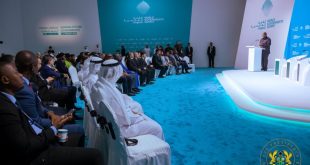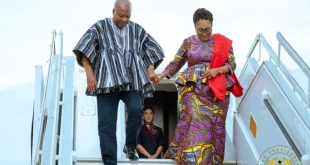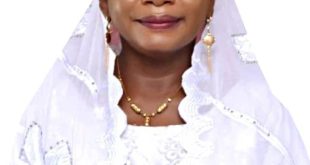President Nana Addo Dankwa Akufo-Addo dispelled the false narratives that have been exploited to damage his political career in an engaging speech at the Ghana Report Summit today. He specifically addressed the “Agyapadie” document, which initially came to light in the run-up to the 2020 elections.
The summit focused on the risks of misleading information in the political process, with the theme “Dealing with Misinformation and Disinformation – Election 2024.”
The New Patriotic Party (NPP) is accused in the Agyapadie dossier of hatching a massive plot to seize public property. President Akufo-Addo claims that opposition agents have been disseminating this fake documents as proof of the NPP’s purported objectives.
“This baseless accusation is yet another example of the malicious tactics used to undermine my credibility and integrity,” the President stated.
Similar unfounded allegations have dogged President Akufo-Addo’s political career since the 2008 presidential contest. To damage his reputation during the campaign, unfounded claims of drug trafficking were disseminated. To raise questions about his suitability to be President, rumors concerning his health were also spread. Opponents falsely claimed that then-President John Kufuor had sold all of Ghana’s gold reserves, which was a particularly heinous deception.
These strategies were used again in the 2012 election cycle, when fictitious allegations of Akufo-Addo’s purported arrest for drug use in London made headlines. Disseminated were also made-up comments intended to incite ethnic conflict and split the electorate.
In 2016, opponents stooped to a new low, alleging that Akufo-Addo had killed his late wife, a claim that was not only false but deeply offensive.
As the 2024 General Elections approach, the Agyapadie document is the latest in a series of lies aimed at discrediting President Akufo-Addo and his party. This fictitious narrative, like the ones before it, highlights the importance of discerning truth from falsehood and remaining vigilant against the dangers of misinformation and disinformation.
President Akufo-Addo emphasized that combating misinformation and disinformation requires a multi-faceted approach. Strengthening regulatory frameworks to hold individuals and organizations accountable for spreading false information is crucial. Collaborations with technology companies are essential to develop mechanisms for monitoring and curbing the spread of false information on digital platforms.
Public awareness campaigns are also vital. Educating citizens about the dangers of misinformation and disinformation and promoting media literacy can empower voters to make informed decisions. Supporting fact-checking organizations to verify information and debunk false claims is another important strategy.
In his address, President Akufo-Addo stressed the need for all political actors to commit to truthfulness and transparency in their campaigns. The spread of false information for political gain undermines the democratic process and erodes public trust. Political parties and candidates must engage in constructive dialogue, presenting their ideas and policies to the electorate in a truthful and respectful manner.
In order to advance media literacy, accountability, and transparency, civil society groups are crucial. Their lobbying work is crucial to reducing false and misleading information. Additionally, the public has a vital role to play by relying on reliable news sources and double-checking information before spreading it.
The Agyapadie controversy is a sobering reminder of the extent people would go to in order to discredit their political rivals. It is crucial to take on these issues head-on as Ghana gets ready for the general elections in 2024. Together, the public, media, government, and civil society can foster an atmosphere in Ghana where democracy flourishes and the truth is upheld.
Source: Ghanatodayonline.com
 Ghanatodayonline.com News, Politics, Health, Education & More
Ghanatodayonline.com News, Politics, Health, Education & More




